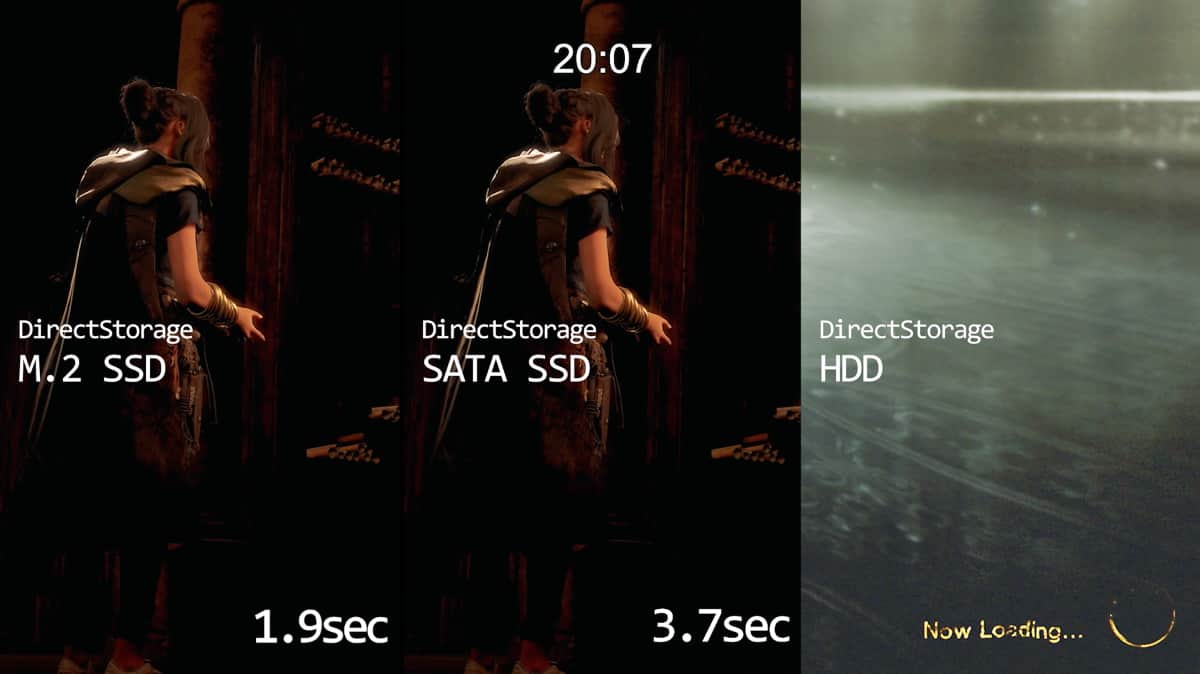Microsoft appears to be pushing manufacturers of Windows PCs to ship Windows 11 devices with Solid State Drives (SSD), according to a report by storage industry analyst Trendfocus.

Windows 11 PC manufacturer may use platter-based hard drives or Solid State Drives, as current requirements focus on storage space exclusively. According to the Windows 11 minimum system requirements, Windows 11 devices need to have at least 64 Gigabytes of storage.
One operating system feature, DirectStorage, requires an NVMe SSD, but it is an optional feature that would just not be available on devices with classic hard drives or non-NVMe Solid State Drives. DirectStorage promises to improve the loading performance of PC games.
On average, Solid State Drives offer better performance than classic hard drives. The user experience would improve on most devices, if classic hard drives would be replaced with SSDs. Not all SSDs offer the same level of performance, as low-budget SSDs often fail to take advantage of the technology.
Manufacturers on the other hand do not seem to be to happy about it, and the main reason for that boils down to cost. Classic hard drives are cheaper than Solid State Drives: a 1TB hard drive start at around $30 if you buy them to build a PC from scratch. Manufacturers may get them for even less. SSDs with 1TB of storage start at around $60, on the other hand.
Manufacturers could cut the storage capacity of the SSD in half or reduce it even more to bring down costs, but that would make the device less attractive.
The decision to push manufacturers to use SSDs in their devices affects low-budget devices for the most part. Most PCs use Solid State Drives already as the boot device, but the capacity of the SSD is usually less than 256 GB. Some PCs use hybrid storage solutions, a SSD for the operating system and booting, and a platter-based drive for storage.
Closing Words
Replacing a platter-based boot drive with a Solid State Drive improves the boot performance and operations noticeably. Microsoft has not changed the requirements for its Windows 11 operating system, but there is a chance that it will do so in the coming year. It is unclear whether the change would block PCs with classic hard drives from receiving future Windows 11 updates, but enforcement would certainly lead to catastrophe and confusion.
Even more manufactures might switch to a hybrid solution that adds a boot SSD with limited capacity and a larger platter-based drive to PCs. It is a good compromise, but adds another component to the PC.
Now You: which storage devices do you use on your PCs?
Thank you for being a Ghacks reader. The post Report: Microsoft wants SSD boot drives in Windows PCs appeared first on gHacks Technology News.


0 Commentaires